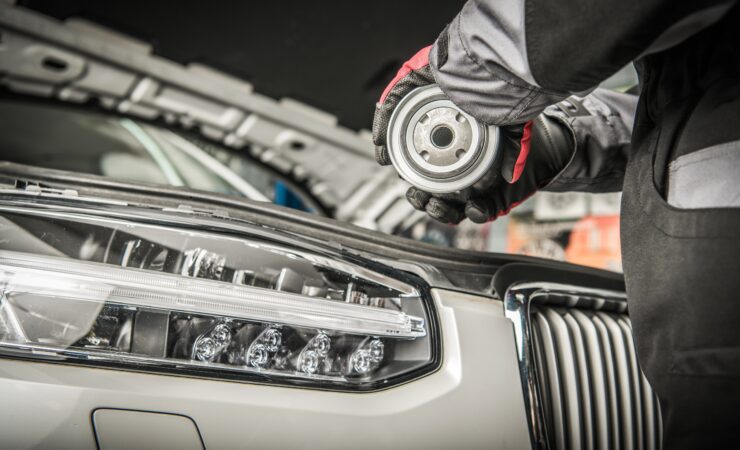When it comes to your car’s safety, your brakes are non-negotiable. And while you might be familiar with brake pads and rotors, there’s another unsung hero that plays a critical role in ensuring your stopping power: brake fluid. This often-overlooked fluid is the lifeblood of your braking system, and understanding its importance is crucial for your safety on the road.
What is Brake Fluid?
Brake fluid is a hydraulic fluid that transfers the force you apply to the brake pedal into pressure that activates the brakes. It flows through the brake lines, reaching the brake calipers or wheel cylinders, which then push the brake pads or shoes against the brake discs or drums, slowing or stopping your vehicle.
Why Brake Fluid Matters
Brake fluid has unique properties that make it essential for safe braking:
- Incompressibility: Brake fluid is designed to resist compression under pressure. This ensures that the force you apply to the brake pedal is transmitted consistently to the brakes.
- High Boiling Point: Brake fluid operates under high temperatures generated by friction during braking. A high boiling point prevents the fluid from vaporizing, which would lead to brake failure.
- Lubrication: Brake fluid lubricates the various components of the braking system, reducing wear and tear.
- Corrosion Prevention: Brake fluid contains additives that protect the metal components of the braking system from corrosion.
Signs Your Brake Fluid Needs Attention
Over time, brake fluid can absorb moisture from the air, lowering its boiling point and increasing the risk of brake failure. Watch for these signs that your brake fluid needs attention:
- Soft or Spongy Brake Pedal: If your brake pedal feels soft or spongy, it could be a sign that your brake fluid has absorbed too much moisture.
- Low Brake Fluid Level: Check your brake fluid reservoir regularly. A low level could indicate a leak or that your brake pads are worn down.
- Brake Warning Light: If your brake warning light comes on, it could be a sign of low brake fluid or another brake system problem.
- Dark or Dirty Brake Fluid: Brake fluid should be clear or slightly amber. If it’s dark or dirty, it’s likely contaminated with moisture or debris and should be replaced.
Brake Fluid Maintenance
- Regular Fluid Checks: Check your brake fluid level regularly, especially if you notice any of the warning signs mentioned above.
- Brake Fluid Flushes: Brake fluid should be flushed and replaced according to your car manufacturer’s recommendations. This usually involves removing the old fluid from the system and replacing it with fresh fluid.
Total Auto Care: Your Brake Fluid Experts
At Total Auto Care, we understand the importance of maintaining your braking system for optimal performance and safety. Our skilled technicians can inspect your brake fluid, check for leaks, and perform a brake fluid flush if necessary. We use high-quality brake fluid that meets or exceeds your car manufacturer’s specifications.
Don’t compromise your safety. Schedule an appointment with Total Auto Care today for a comprehensive brake inspection and fluid check. We’ll keep your braking system in top shape so you can stop with confidence every time.




